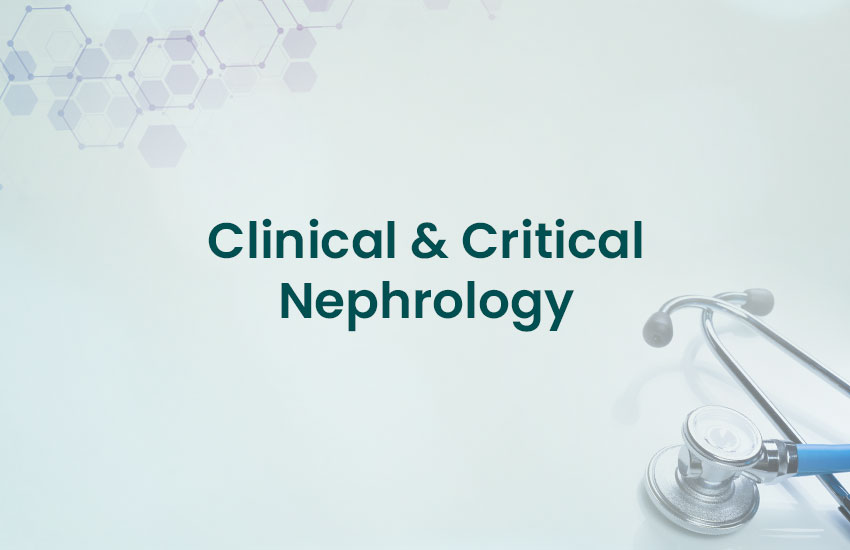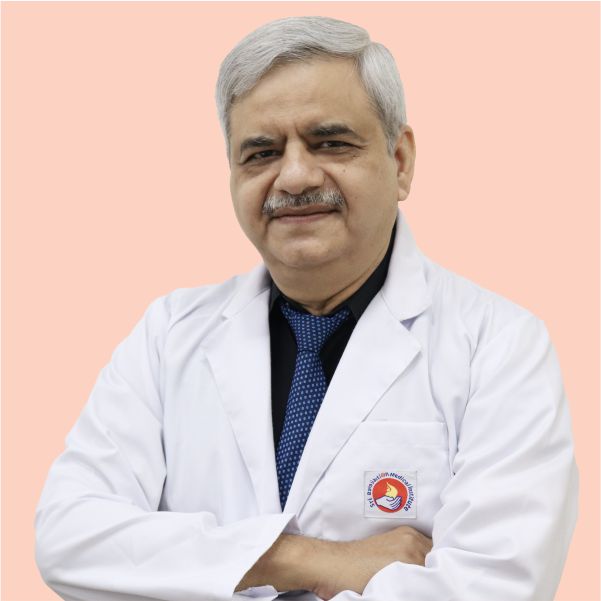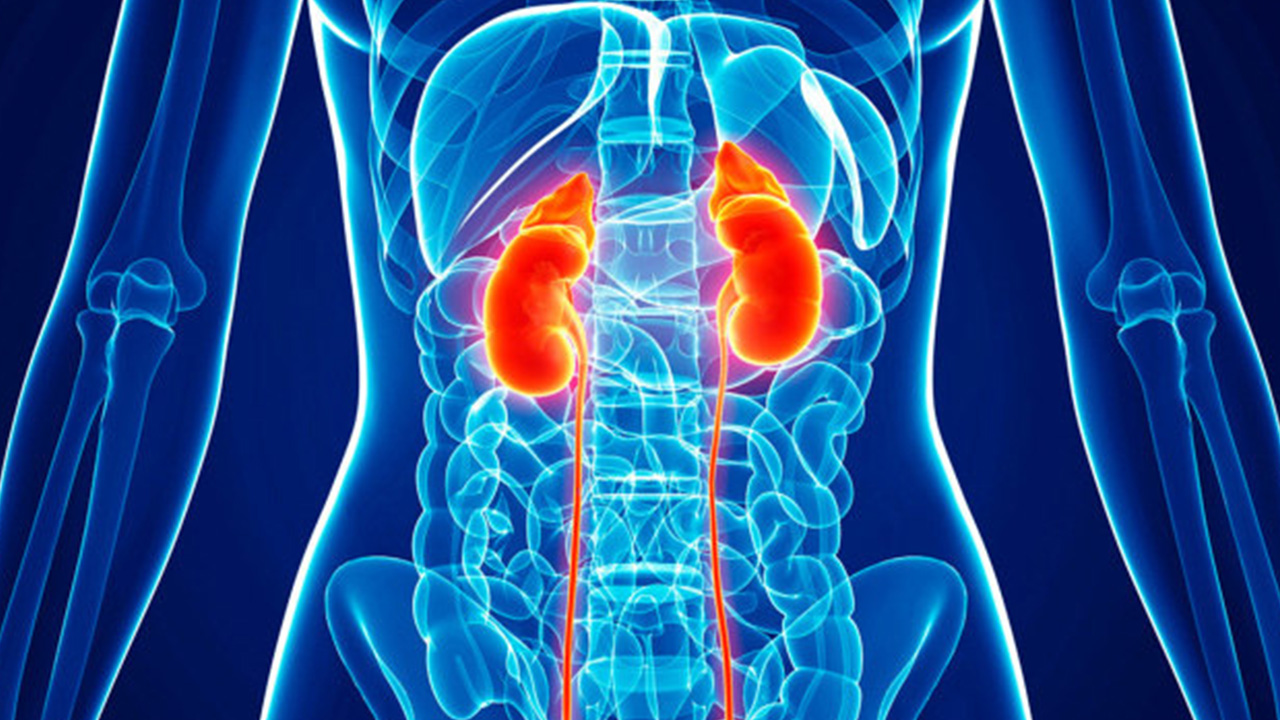How Common is Chronic Kidney Disease? Which Hospital is best to get the right treatment?
Overview Of Chronic Kidney Disease Diabetes and hypertension account for the majority (60%) of all the cases of CKD. (Chronic Kidney Disease) It is defined as a structural and /or functional abnormality of the kidney for more than three months with implications on the health of the patient. CKD has five stages depending on the […]









